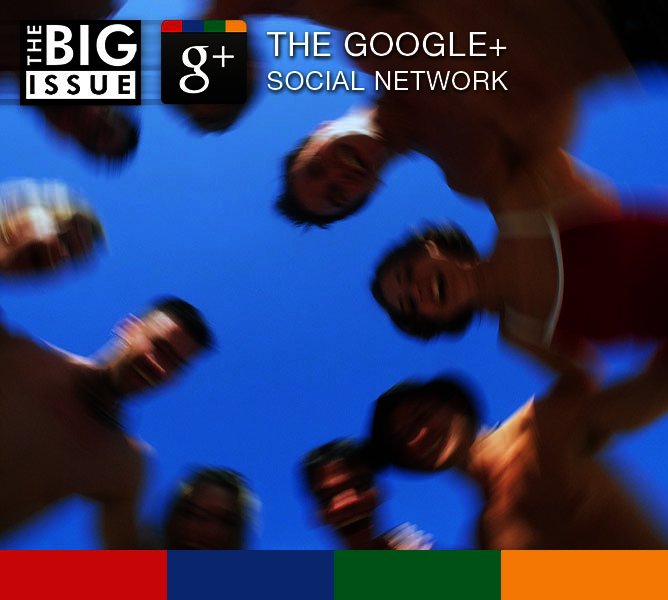
The launch of Google+ had pundits, tech analysts and users scratching their head over what exactly it is (and how to score an invite). Is Google+ meant to be a Facebook competitor, or, with its Following feature, a competitor for Twitter? The answer might be a bit of both, but perhaps more accurately, Google + is Google's take on social networking.
The only way to join, at present, is to be invited by someone who is already on it. This shouldn't be a cause for concern since with ten million users, it is likely that you know someone who has a Google+ account already. This strategy, which lends Google+ an exclusive air, while simultaneously leveraging off word of mouth by the millions of users who use Google's various offerings (Gmail, Google Docs, Reader, Maps, to name a few) appears to be working. While it took Facebook 852 days (two years and three months) to reach ten million users, and Twitter 780 days (two years and one month) to reach that same following, Google+ has lured ten million users in a mere 16 days.
Specific communication
Instead of broadcasting your updates to all your friends, as is the case with Twitter and Facebook, Google+ divides people you know into several circles - much like the concept of spheres of influence. Default circles include friends, family, acquaintances, and people you are following. Additionally, you can create your own circles, if you want to organise several people, such as from a particular club, into their own dedicated grouping. That way, you can specify what information you share and with whom. This may help alleviate the biggest problem Facebook has been plagued with, namely the issue of privacy. Additionally, your streams (the equivalent of Facebook's status updates), can be selected by each circle. This means, rather than scrolling through legions of annoying Farmville updates, you can select to see streams solely from family members or friends, for example.
An also ran?
It would be a mistake to underestimate or write Google+ off as an imitator or also-ran. This is after all the same company that made the word "google" part of the English language and brought us the world's most-used smartphone operating system in Android. Perhaps the biggest question is not what is Google+, but how will it change the social media landscape in the months and years to come? [RN]